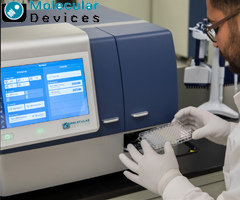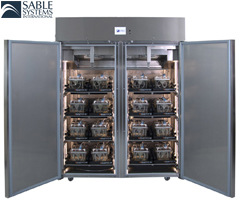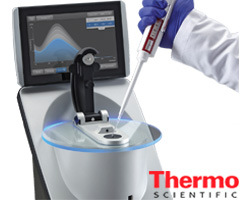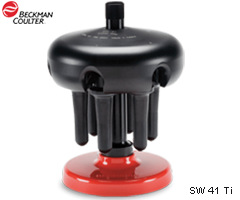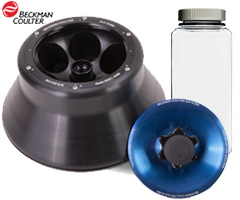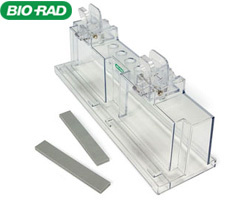業內快訊
科學家利用類胡蘿卜素色素獲得微藻生物質
 時間:2021-02-07
時間:2021-02-07
 來源:
來源:
 瀏覽量:1532
瀏覽量:1532
人體中合成維生素A的類胡蘿卜素這類色素對人體健康至關重要。然而,難以從天然來源獲得類胡蘿卜素。
彼得大彼得堡理工大學(SPbPU)的研究人員發現了從小球藻藻類生物質中獲得質體色素的方法。微藻類與陸生植物的不同之處在于,其質體色素含量高且類胡蘿卜素具有生物多樣性。這項研究的目的是開發一種技術,用于從小球藻屬微藻的生物質中提取色素組合物,并確定所提取色素的組成。
為了獲得生物質,使用了微藻的粗細胞懸浮液,細胞膜解體后,從風干生物質中提取質體色素的過程為40 kHz模式。在45-50°C下30分鐘后(870.0±27.1 mg L -1)觀察到乙醇提取物中的色素含量最高。通過分光光度法和反相HPLC法測定所得總提取物中的顏料組成。得到的提取物中葉綠素a的既定含量為537.5±10.0 mg L -1,葉綠素b的含量為182.5±27.5 mg L -1; 提取物中類胡蘿卜素的最大產量為150.0±10.0 mg L -1。因此,從微藻C. sorokiniana的生物質中提取的類胡蘿卜素的主要鑒定形式是葉黃素:葉黃素和巖藻黃質(分別占提取物中色素含量的18.6和4.7%)和β-胡蘿卜素(占黃酮含量的1.8%)。
獲得的具有高水平類胡蘿卜素的生物質可作為食品補充劑用于食品和制藥行業的各個領域,以減少生活在環境壓力較大地區的兒童和成人的維生素A缺乏癥。
A method for obtaining plastid pigments from the biomass of Chlorella microalgae
Microalgae are distinguished from land plants by the high content of plastid pigments and the biodiversity of carotenoids. The aim of this study is to develop a technology for extracting a pigment complex from the biomass of the microalgae of the genus Chlorella and to determine the extracted pigments’ composition. To obtain biomass, a crude cell suspension of microalgae was used, which was obtained under laboratory conditions for pre-culture cultivation of C. sorokiniana (strain 211-8k). The extraction of plastid pigments from air-dry biomass after disintegration of cell membrane was performed in the 40 kHz mode. It was found that the highest pigment content in ethanol extracts was observed after 30 min (870.0 ± 27.1 mg L -1 ) at 45?50 °C. The pigments’ composition in the resulting total extracts was determined by spectrophotometry and the Reverse Phase HPLC method. The established content of chlorophyll a in the obtained extracts was 537.5 ± 10.0 mg L -1 , the content of chlorophyll b was 182.5 ± 27.5 mg L -1 ; the maximum output of the amount of carotenoids in extracts was 150.0 ± 10.0 mg L -1 . Thus, the main identified forms of carotenoids in extracts from the biomass of microalgae C. sorokiniana were xanthophylls: lutein and fucoxanthin (18.6 and 4.7% of the amount of pigment in extract, respectively) and β-carotene (1.8% of the amount of pigment). It is planned to further fractionate the obtained total extracts of the pigment complex to obtain various forms of chlorophylls and carotenoids to study the spectrum of physiological activity of plastid pigments.


